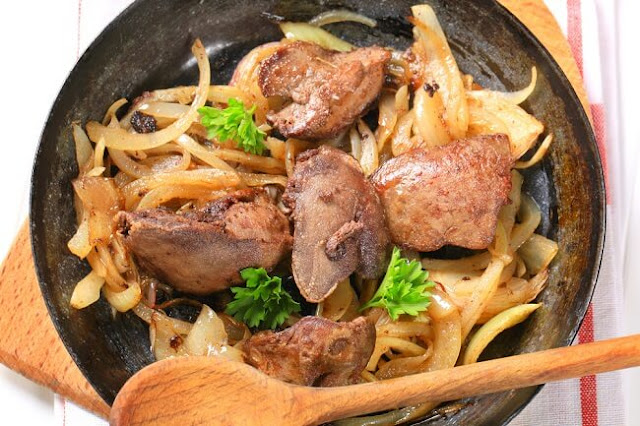Eating chicken liver once or twice a month is not dangerous for pregnant women. But this type of food should not be consumed every day because of the risk of causing interference with the fetus.
Chicken liver is actually a food that is rich in protein, minerals and vitamins, including vitamin A. This vitamin is a type of fat-soluble vitamins and is stored in the liver. Not only during pregnancy, vitamin A is important to help heal postpartum tissue and prevent infection.
Radiotherapy or radiation therapy is a medical procedure used to treat cancer. This procedure is carried out with the help of powerful X-ray energy to kill and stop the proliferation and spread of cancer cells that nest in the body. In addition to X-ray exposure, radiotherapy can also be done in the form of implants, injectable drugs or oral. To increase the effectiveness of cancer treatment, radiotherapy is often used in conjunction with other methods, such as chemotherapy or tumor removal surgery. Radiotherapy is applied with extreme care and calculation to minimize side effects in patients. Radiotherapy Indications The doctor will consider radiotherapy with the following objectives: Become a single procedure to treat cancer. Treating cancer combined with other treatments. Reduce or reduce tumor size before surgery. Relieves symptoms in advanced cancer. Kill and clean cancer cells so they don't return after surgery. Radiotherapy costs The total cost for radiotherap...

Comments
Post a Comment